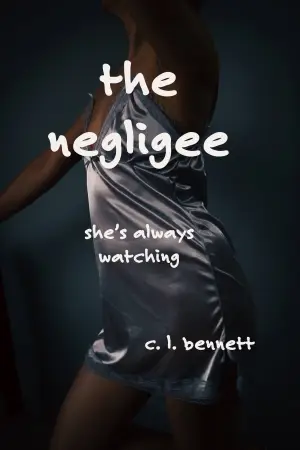I recently delved into Scythe by Neal Shusterman, a book I’d been hearing a lot about, especially since it was named a Time Best YA Book of All Time in 2021. As a fan of dystopian fiction, the premise of exploring a world devoid of hunger, disease, and even death was both intriguing and unsettling. The idea that two teens, Citra and Rowan, must learn the "art of killing" to maintain population control felt like a chilling yet captivating concept. I was eager to see how Shusterman would handle such intense themes.
Scythe immerses readers in a meticulously constructed world where Scythes, the only beings allowed to take life, fulfill a critical societal function. Citra and Rowan’s journey as apprentices to a Scythe forced me to grapple with ethical dilemmas and what it means to wield such power. I appreciated how the narrative did not shy away from the moral complexities of their role.
One of the standout aspects of the book is Shusterman’s ability to weave deep philosophical questions into an engaging storyline. I found myself constantly reflecting on the implications of a society that has conquered death. The exploration of what makes life valuable and the consequences of a world without natural mortality are thought-provoking and stimulating.
On the flip side, some readers have pointed out the pacing issues in certain sections. While I was deeply engrossed for the majority of the book, a few chapters felt slower than others, making it a challenge to maintain the same level of anticipation. I agree with this observation but also believe that these slower moments were often necessary for character development. Citra and Rowan evolve significantly throughout, and Shusterman takes the time to explore their internal conflicts, which I found rewarding despite the occasional drag in pacing.
Another positive aspect that truly resonated with me is the dynamic between the two protagonists. Citra and Rowan’s contrasting personalities create a compelling tension that adds depth to their apprenticeship journey. Their growth is portrayed extremely well; both characters face moral dilemmas that force them to confront their beliefs and identities. I rooted for them both, but I particularly admired Citra’s grit and determination.
However, I did experience some frustration with the supporting characters. While there were some memorable ones, a few felt underdeveloped, and I wished Shusterman had spent more time fleshing them out. Characters like Scythe Faraday and the rival Scythe, Goddard, had great potential but didn’t reach the depth I expected.
Ultimately, Scythe exceeded my expectations as a thought-provoking read challenging my notions of mortality and ethics. I was captivated right until the end, eager to see how Citra and Rowan would navigate their complicated world. The book’s conclusion poses more questions than answers, leaving me hungry for the next installment in the series.
In summary, I wholeheartedly recommend Scythe to those who enjoy young adult dystopian fiction infused with psychological and ethical dilemmas. Although it has some pacing issues and character depth could be improved, its overarching themes and the protagonists’ journey more than make up for it. It’s a gripping tale that compels readers to think critically about life and death and the perils of perfection.
“Discover the captivating world of Scythe and redefine your understanding of life and death.” >>








